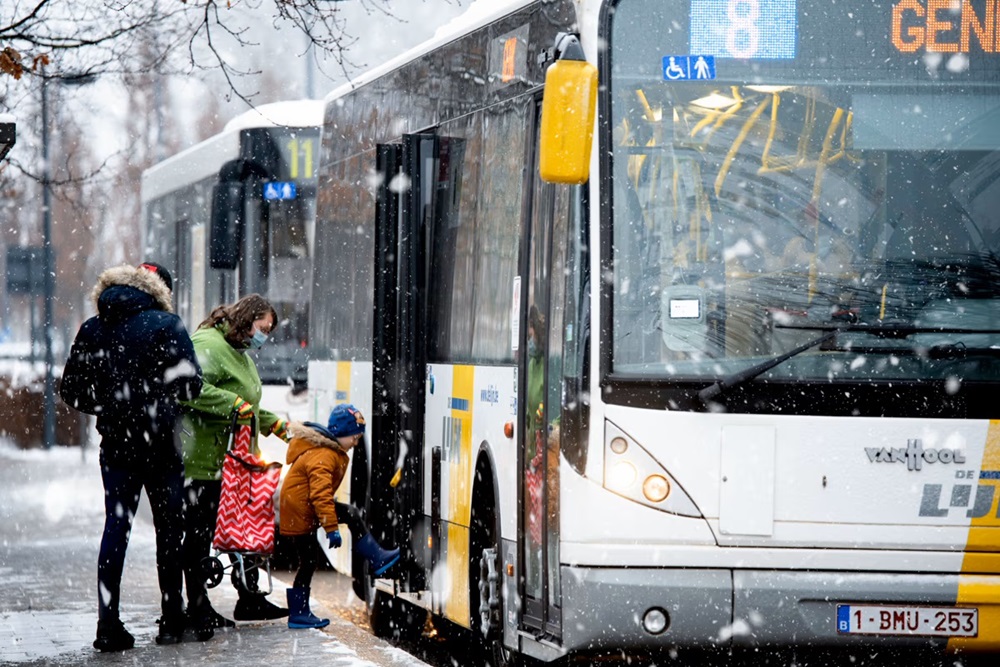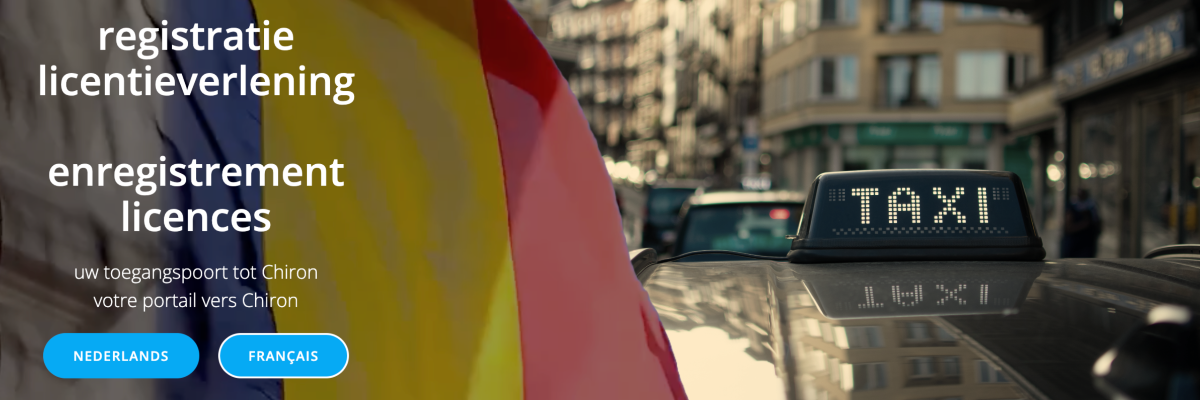A third of the staff is temporarily unemployed and there are too few orders.
The bus builder Van Hool in Koningshooikt near Lier is in the eye of the storm, confronted with financial setbacks and a changing landscape within the bus industry. The recent developments surrounding this company have led to heated debates at a political level and raise questions about the future of the manufacturing industry in Flanders. It's a story that illustrates the complexity of balancing globalization and supporting local industries.
Van Hool, a name synonymous with quality and innovation in the bus construction sector, is facing a significant challenge. The company, with 2.500 employees in Belgium and more than 1.000 at a branch in Macedonia, is struggling with declining orders and a shift in market demand towards electric buses. A development that became painfully clear when the Flemish transport company De Lijn opted for 92 electric buses from the Chinese BYD, at the expense of local bus builders Van Hool and VDL.
“The problems at Van Hool cannot be seen separately from Flemish government policy,” says Verheyden. “Although Van Hool is a global player in the field of buses in Flanders, the Flemish government opts for cheap Chinese buses. This is partly inspired by the green electrification frenzy that costs a lot of money.”
Vlaams Belang believes that the Flemish government should save Van Hool.
This situation not only has an impact on Van Hool, but also sheds a broader light on the challenges facing the Flemish manufacturing industry. Factors such as strict environmental regulations, high energy prices and targeted support policies for industries by countries such as the US and China influence the international competitive position of local companies
De Lijn's decision is seen by many as symptomatic of a larger policy problem. Flemish Member of Parliament Wim Verheyden emphasizes that the choice of Chinese buses and the challenges of Van Hool cannot be seen separately from the policy of the Flemish government. “We need to nurture our own industry,” he says, calling for a review of procurement policies to support local businesses.

According to De Tijd, crisis manager Marc Zwaaneveld will announce a major restructuring at a special works council in mid-March.
In response to the crisis at Van Hool, a special works council is planned for March 11, where a recovery plan for the company will be presented. This follows the recent appointment of a crisis manager, a move that underlines the seriousness of the situation. The issues surrounding Van Hool are also indicative of the broader challenges of the transition to green mobility. As demand for electric buses increases, Van Hool is struggling to find its place in this new landscape, partly because the company appears to have missed the electrification train.
The situation at Van Hool raises important questions about the future of the Flemish manufacturing industry and the role of the government in supporting local companies amid globalization and ecological transition. It illustrates the need for a strategic vision that ensures both economic viability and environmental sustainability. The Dutch Qbuzz ordered 112 electric buses from Van Hool in January.




